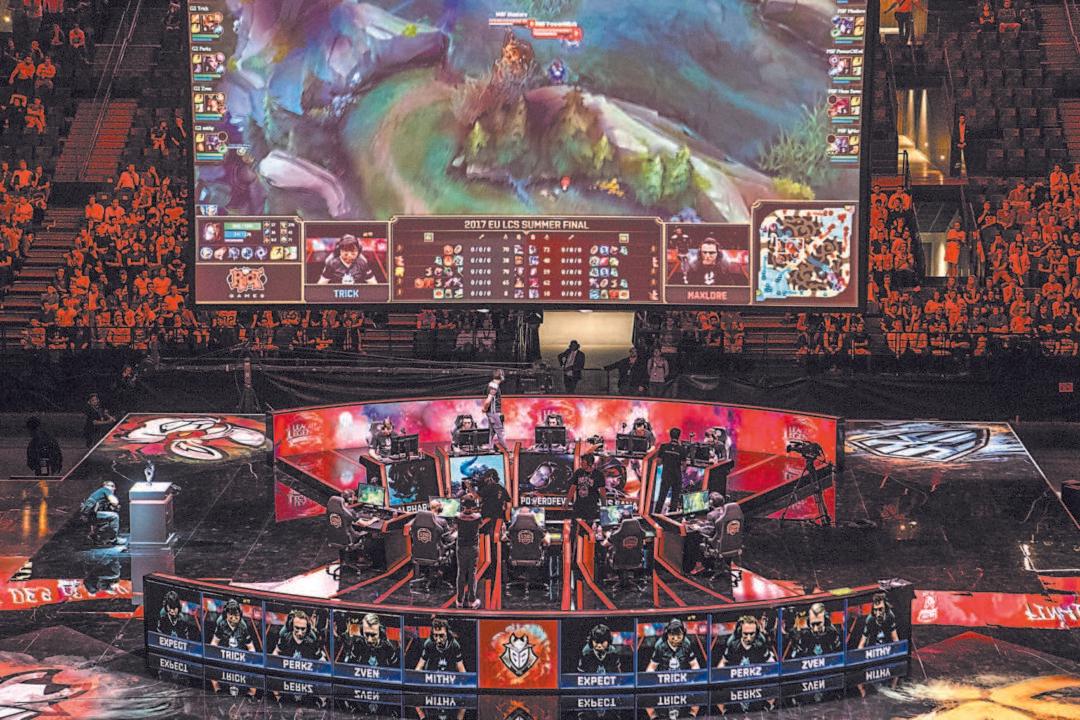Competitive electronic sports have graduated from a subculture into a mainstream industry, attracting investments from media companies, owners of established sports teams, and venture capital firms.
For the uninitiated, esports, an amalgamation of the words electronic and sports, are video game tournaments. They are held in front of live audiences—similarly to other sporting events—and over the internet, where they potentially can be seen by millions of live viewers. Prizes for winners can reach millions of dollars.





